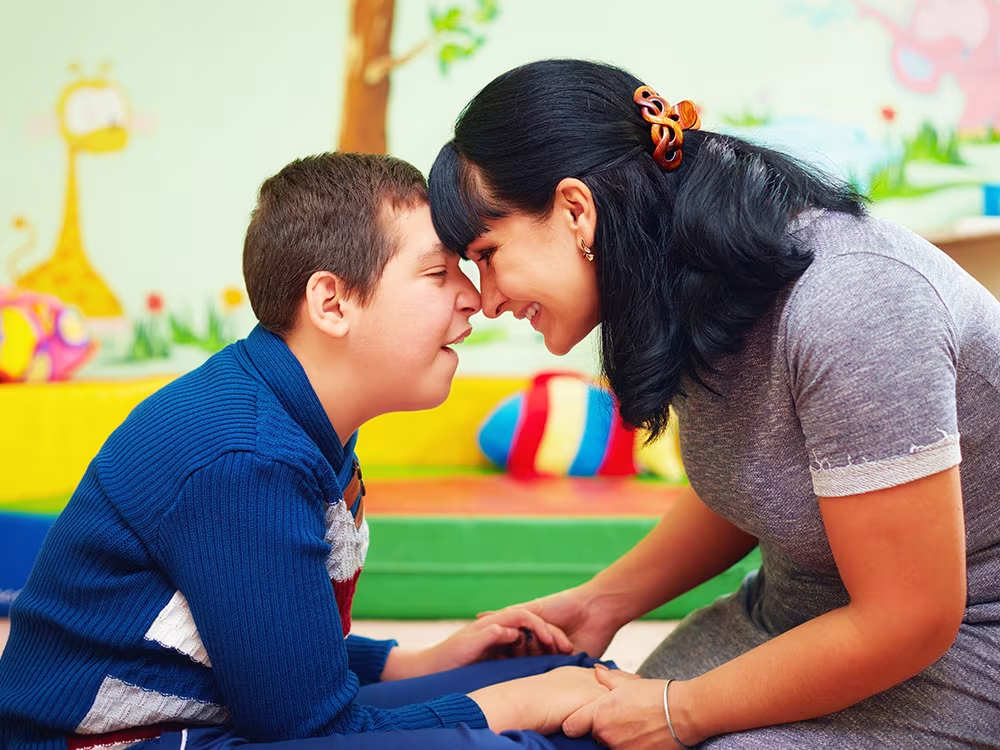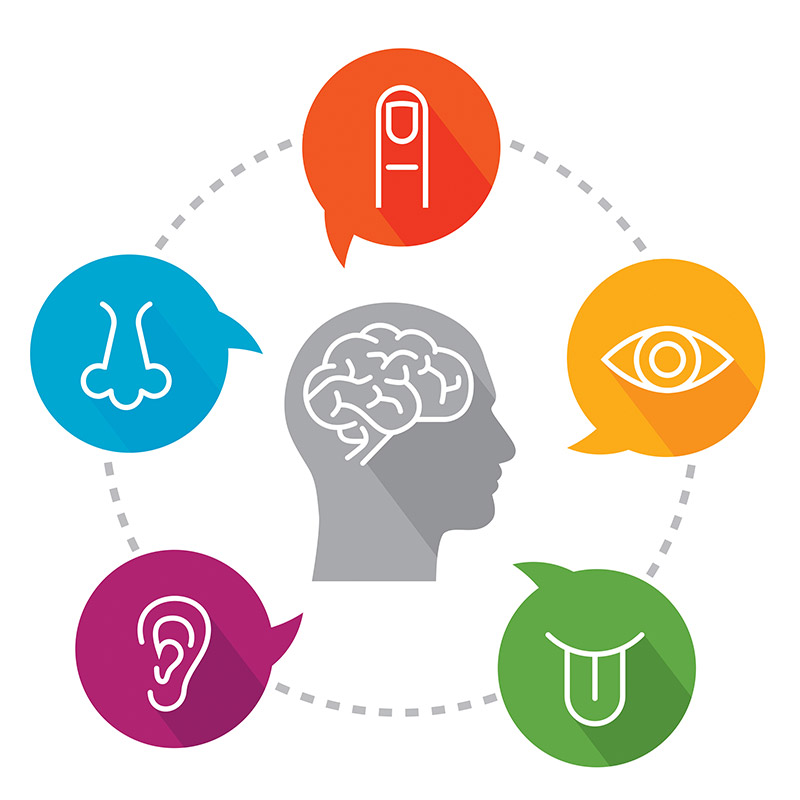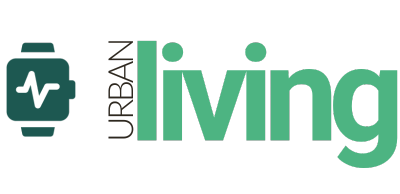Understanding Autism Spectrum Disorder

Autism Spectrum Disorder (ASD) is a neurodevelopmental condition that affects how individuals communicate, interact socially, and process sensory information.
In Singapore, approximately 1 in 150 children are diagnosed with autism, making early identification and intervention crucial for optimal development outcomes.
The term “spectrum” reflects the wide variation in how autism presents across different individuals.
Some may require minimal support in daily life, while others need substantial assistance with communication, self-care, and social interactions.
Understanding these differences is essential for parents, educators, and healthcare professionals working to support individuals with autism.
Read more: ADHD Diagnosis in Singapore
Recognizing the Signs: When to Consider an Autism Assessment
Early identification of autism can significantly impact a child’s developmental trajectory.
Parents and caregivers should be aware of potential indicators that may warrant professional evaluation.
Early Developmental Markers (12-24 months)
In the first two years of life, certain behaviors may signal the need for autism screening.
Children who show limited or no response when their name is called, or who don’t point or gesture to communicate their needs, may benefit from evaluation.
The absence of reciprocal smiling, minimal eye contact during interactions, and lack of babbling or meaningful words by 12-18 months are also important markers.
Additionally, limited interest in interactive play, such as peek-a-boo games, can indicate the need for professional assessment.
Communication and Social Interaction Challenges
As children grow, autism-related differences become more apparent in their communication patterns and social behaviors.
Children with ASD often struggle with initiating or maintaining conversations and have difficulty understanding non-verbal cues such as facial expressions or body language.
They may find it challenging to develop age-appropriate friendships, adjust their behavior to different social contexts, or express emotions and understand others’ feelings.
These social communication difficulties often become more noticeable as peer interactions increase during preschool and school years.
Related article: PTSD Treatment in Singapore: Types, Recovery and Healing
Repetitive Behaviors and Restricted Interests
Another hallmark of autism involves patterns of behavior that may include repetitive movements such as hand flapping, spinning, or rocking.
Children may develop an intense focus on specific topics or objects, showing remarkable knowledge in narrow areas of interest. They often display rigid adherence to routines and experience significant distress when these routines change.
Unusual sensory responses, whether over or under-sensitivity to sounds, textures, or lights, are common.
Many children also engage in lining up toys or objects in specific patterns or exhibit echolalia, the repetition of words or phrases.
The Autism Assessment Process in Singapore
Where to Seek Assessment
Singapore offers multiple pathways for autism assessment through various institutions.
Public healthcare institutions and private clinics with child development specialists and psychologists offer alternative options, often with shorter waiting times.
Additionally, specialized centers focusing on developmental assessments provide targeted evaluation services.
Read more: Which Psychologist in Singapore Should You Consider? (Sort by Reviews)
Assessment Components
A thorough autism evaluation typically involves multiple components to ensure accurate diagnosis:
| Assessment Component | Purpose | Duration |
|---|---|---|
| Parent Interview | Gather developmental history and current concerns | 2-3 hours |
| Direct Observation | Assess child’s behavior and interactions | 1-2 hours |
| Standardized Testing | Use validated tools like ADOS-2 | 40-60 minutes |
| Cognitive Assessment | Evaluate intellectual functioning | 1-2 hours |
| Adaptive Behavior Scales | Assess daily living skills | 30-45 minutes |
| Medical Evaluation | Rule out other conditions | Varies |
Gold Standard Assessment Tools
ADOS-2 (Autism Diagnostic Observation Schedule, 2nd Edition)
The ADOS-2 is internationally recognized as the gold standard for autism diagnosis.
This semi-structured assessment creates standardized situations where autism-related behaviors are likely to emerge. During the assessment, trained professionals observe:
- Social interaction patterns
- Communication abilities
- Play behaviors
- Imaginative use of materials
The structured nature ensures consistent evaluation across different children and settings.
This might help: Which Psychiatrist in Singapore Should You Consider?
ADI-R (Autism Diagnostic Interview-Revised)
This comprehensive parent interview explores the child’s developmental journey in detail.
The interview covers early developmental milestones, current and past social interactions, communication development, and patterns of repetitive behaviors and interests.
Parents provide crucial insights into their child’s behavior across different settings and developmental stages.
Related article: Anxiety Therapy in Singapore: Treatment and Recovery
The Assessment Timeline
The complete assessment process typically unfolds over several carefully planned sessions.
It begins with an initial consultation where professionals discuss concerns and administer screening questionnaires.
This is followed by comprehensive evaluation sessions involving formal testing, which usually total 3-4 hours.
The team then gathers additional information from teachers and other professionals who work with the child.
After analyzing all assessment data, the multidisciplinary team meets to review findings and formulate a diagnosis.
Finally, a feedback session is scheduled to discuss results and develop recommendation plans with the family.
Read more: Complete Guide to Depression Therapy in Singapore
Early Intervention: The Foundation for Success
Research consistently demonstrates that early intervention dramatically improves outcomes for children with autism. When support begins before age three, children show significant gains in:
- Language and communication skills
- Social engagement and reciprocity
- Adaptive behavior and independence
- Academic readiness
- Reduction in challenging behaviors
The neuroplasticity of young brains makes early years particularly crucial for intervention effectiveness.
Evidence-Based Intervention Approaches
Singapore offers various therapeutic interventions tailored to individual needs:
Applied Behavior Analysis (ABA) provides a systematic approach to teaching new skills and reducing challenging behaviors through positive reinforcement and structured learning.

This evidence-based method breaks down complex skills into manageable steps.
Speech and Language Therapy addresses the full spectrum of communication challenges. Therapists work on:
- Verbal and non-verbal communication development
- Social communication skills for peer interaction
- Alternative communication methods (PECS, AAC devices) when needed
- Pragmatic language for everyday conversations
Related article: Complete Guide to Anger Management in Singapore
Occupational Therapy takes a holistic approach to daily functioning. Therapists address sensory integration and processing difficulties, develop fine and gross motor skills, teach daily living activities, and establish self-care routines that promote independence.
Social Skills Training offers structured programs that teach children how to navigate social situations successfully.
These programs focus on peer interaction strategies, understanding social cues, emotion recognition and regulation, and developing conversational skills through practice and role-play.
Sensory Processing and Autism

Approximately 95% of individuals with autism experience sensory processing differences.
Understanding these challenges is crucial for creating supportive environments and developing appropriate intervention strategies.
Sensory Systems Affected
The vestibular system, responsible for balance and movement, can be significantly affected in autism.
Some children seek constant movement and sensory input, while others avoid any changes in head position. These differences can impact participation in physical activities and daily routines.
The tactile system often shows marked differences in individuals with autism. Hypersensitivity to certain textures or temperatures can affect clothing choices, food preferences, and tolerance for social touch.
These sensitivities may significantly impact grooming and self-care activities, requiring careful consideration in daily planning.
Auditory processing challenges are common, with many individuals experiencing difficulty filtering background noise or experiencing certain frequencies as painful.
This can lead to situations where a child appears not to hear when called, despite having normal hearing abilities.
Visual processing differences may include sensitivity to bright lights or patterns, coupled with exceptionally strong visual memory and learning preferences.
Some individuals may struggle with visual tracking or scanning, affecting reading and navigation skills.
Educational Support and School Placement
An autism diagnosis opens doors to various educational support options in Singapore’s inclusive education system.
Mainstream Schools with Support
Children in mainstream schools can access Allied Educators specializing in learning and behavioral support.
These professionals work with teachers to implement individualized education accommodations and may arrange exam modifications when appropriate.
The goal is to support the child’s learning while maintaining inclusion with typically developing peers.
Special Education (SPED) Schools
For children requiring more intensive support, SPED schools offer smaller class sizes with specialized curricula designed for diverse learning needs.
These schools provide intensive therapeutic support integrated into the daily schedule and focus on developing functional life skills alongside academic learning.
Financial Considerations and Support
Assessment Costs
Autism assessments in Singapore typically range from $300 to $800. The cost varies based on whether families choose public or private institutions, the comprehensiveness of the evaluation required, and any additional testing needed for co-occurring conditions.
Available Financial Support
Several financial support options help families manage assessment and intervention costs. The Caregivers Training Grant (CTG), provided by the Agency for Integrated Care, supports parent education programs.
Families can also access tax relief for dependents with special needs and various government subsidies for therapy and intervention services.
Preparing for Your Child’s Assessment
Before the Assessment Day
Practical Preparations:
- Ensure adequate sleep the night before
- Schedule assessments when your child is typically alert
- Bring familiar snacks and comfort items
- Arrive 15 minutes early for environmental adjustment
Information to Gather:
- Developmental milestone records
- Videos of concerning behaviors
- Previous assessment reports
- Teacher observations
- Medical history documentation
What to Tell Your Child
Age-appropriate preparation helps reduce anxiety and improve cooperation. For younger children, simple explanations work best: “We’re going to meet someone who wants to play with you.
They have special toys and games to try. Mommy/Daddy will be nearby the whole time.” Older children may benefit from more detailed explanations about the purpose of the visit.
Life After Diagnosis: Building a Support Network
Receiving an autism diagnosis marks the beginning of a journey toward understanding and supporting your child’s unique needs.
Building a comprehensive support network is essential for long-term success.
Professional Support Team
A well-coordinated professional team typically includes a developmental pediatrician for ongoing medical care, various therapists for targeted interventions, special educators for learning support, and psychologists for behavioral guidance.
Regular communication among team members ensures coordinated care.
Community Resources
Connecting with the autism community provides invaluable support and practical advice. Parent support groups offer shared experiences and strategies, while autism-specific organizations provide resources and advocacy. Online communities and forums offer 24/7 support, and respite care services help families maintain their well-being.
Family Well-being Strategies
Caring for a child with autism requires sustained attention to family wellness. Establishing self-care routines, maintaining social connections outside the autism community, and celebrating small victories help maintain positive family dynamics.
Seeking support when needed and focusing on progress rather than perfection creates a sustainable approach to long-term care.
Long-term Outlook and Potential
With appropriate support, individuals with autism can lead fulfilling, productive lives. Many develop successful careers, maintain meaningful relationships, and contribute uniquely to society.
Early identification and intervention provide the foundation for reaching individual potential.
Notable individuals with autism have made significant contributions across various fields, reminding us that autism brings both challenges and unique strengths.
The goal of assessment and intervention is not to “cure” autism but to support individuals in developing skills that enhance their quality of life and independence.
Frequently Asked Questions
What age can autism be reliably diagnosed?
While screening can begin as early as 18 months, formal diagnosis typically occurs from 31 months onward.
However, some children may not receive a diagnosis until school age, particularly those with subtler presentations or strong language skills.
Each child’s developmental trajectory is unique, and experienced professionals can determine the optimal timing for assessment.
How long does the entire assessment process take?
The complete autism assessment process usually requires 3-4 hours of direct evaluation time, typically spread across 2-3 sessions. Additional time is needed for report preparation and feedback sessions. From initial consultation to receiving the final report, families can expect the process to take 4-6 weeks.
Will my child need to be reassessed in the future?
Once a child receives an autism diagnosis through comprehensive assessment, they typically do not require re-diagnosis. The assessment report serves as long-term documentation.
However, periodic re-evaluations may be beneficial to track progress, adjust support strategies, or qualify for specific services as the child develops.
What’s the difference between autism screening and formal assessment?
Screening involves brief questionnaires or observations to identify children who may benefit from comprehensive evaluation.
Formal assessment includes structured observations, standardized testing, developmental history, and multi-disciplinary evaluation to provide definitive diagnosis and detailed recommendations.
Can adults be assessed for autism in Singapore?
Yes, adults can undergo autism assessment at institutions like the Institute of Mental Health.
Adult assessments focus on current functioning while gathering retrospective developmental information.
The process helps adults understand lifelong challenges and access appropriate support.
How accurate are autism assessments?
When conducted by trained professionals using standardized tools, autism assessments demonstrate high reliability and validity.
The combination of multiple assessment methods, clinical expertise, and comprehensive evaluation ensures diagnostic accuracy while accounting for individual variations in presentation.
What if I disagree with the assessment results?
Parents have the right to seek second opinions if they have concerns about assessment outcomes.
It’s important to discuss specific concerns with the assessment team first, as they can clarify findings and address questions.
If doubts persist, another comprehensive evaluation by different qualified professionals may provide additional perspective.
Does insurance cover autism assessments?
Coverage varies by insurance plan. Some policies include developmental assessments under pediatric benefits, while others may require specific autism coverage.
Check with your insurance provider about coverage details, claim procedures, and any required pre-authorizations before scheduling assessments.
How do bilingual or multilingual environments affect assessment?
Professional assessors in Singapore are experienced with multilingual populations.
Assessments can accommodate language preferences, and evaluators consider cultural and linguistic factors when interpreting results.
Parents should inform the assessment team about all languages used at home for accurate evaluation.
What happens if my child is uncooperative during assessment?
Experienced assessors expect variable cooperation from young children and those with developmental concerns.
They use flexible approaches, multiple observation opportunities, and parent reports to gather comprehensive information even when direct testing is challenging.
Partial assessments can often provide sufficient information for diagnosis.
Are there specific medical tests for autism?
No biological markers or medical tests can diagnose autism.
However, medical evaluations may include genetic testing, hearing assessments, or neurological examinations to rule out other conditions or identify co-occurring medical issues.
Diagnosis relies on behavioral observation and developmental history.
How soon after diagnosis can intervention begin?
Intervention can begin immediately following diagnosis. Many assessment centers provide direct referrals to intervention services. While waiting for formal therapy placements, families receive strategies to implement at home. Early intervention is crucial, so support should start as soon as possible after diagnosis.
What’s the difference between autism and global developmental delay?
Global developmental delay affects multiple areas of development more uniformly, while autism specifically impacts social communication and includes restricted interests or repetitive behaviors.
Some children may initially receive a global delay diagnosis before autism characteristics become clearer with age. Comprehensive assessment helps differentiate these conditions.
Can dietary changes or supplements cure autism?
No dietary interventions or supplements have been scientifically proven to cure autism. While some families report improvements with dietary modifications, these should be discussed with healthcare providers to ensure nutritional needs are met.
Evidence-based behavioral and educational interventions remain the primary treatment approaches.
How can I support my other children during the assessment process?
Siblings may have questions or concerns about the assessment process.
Provide age-appropriate explanations, maintain regular routines, plan special activities with siblings, and consider family counseling if needed.
Many support groups offer sibling programs to address their unique needs and experiences.

